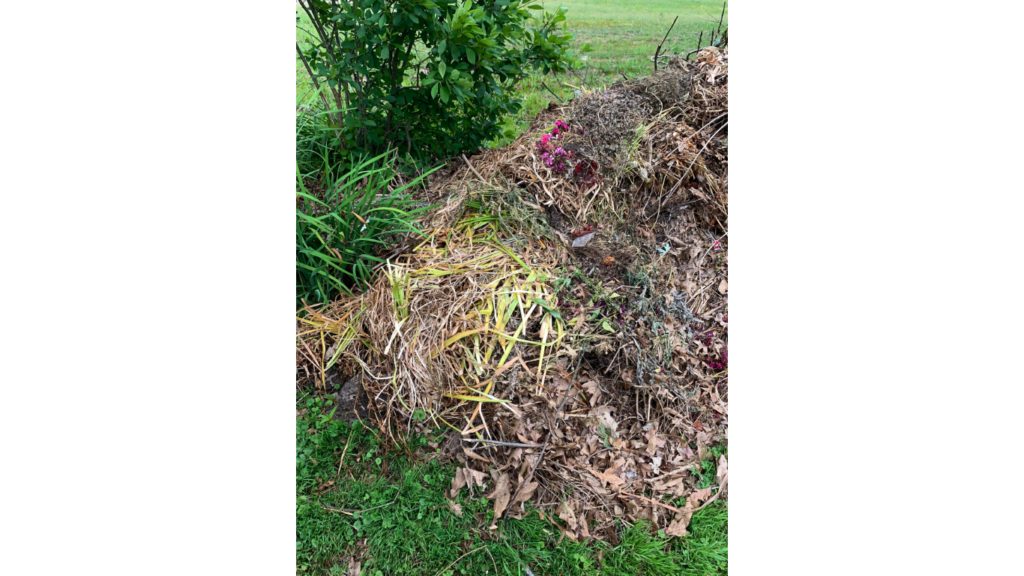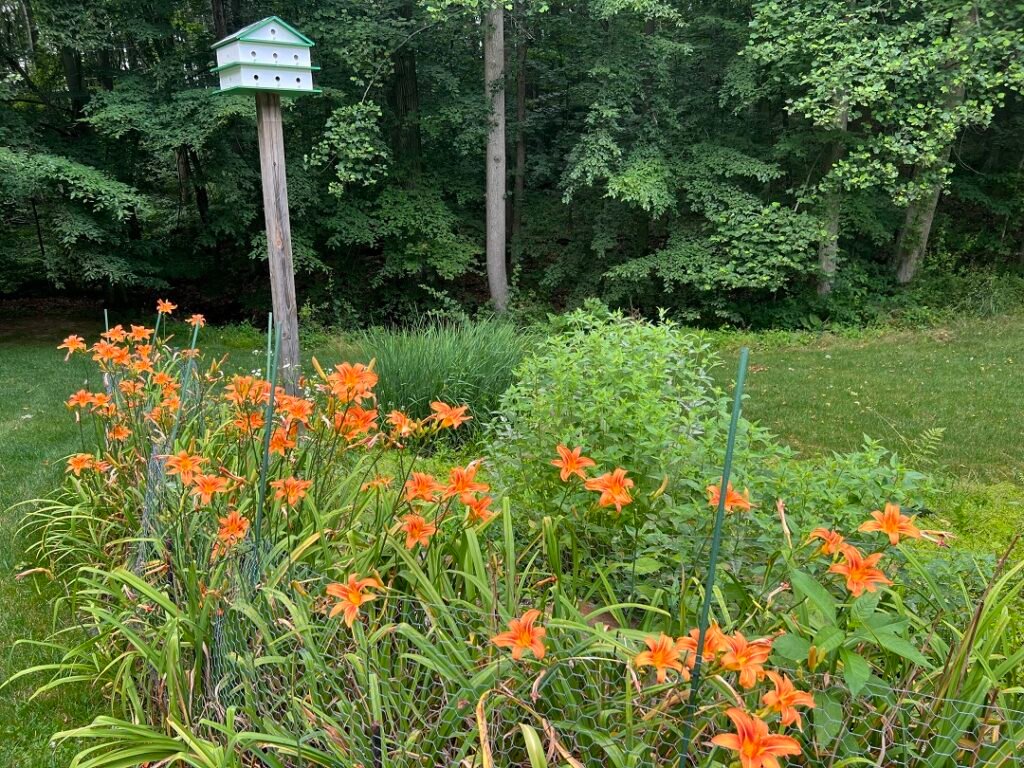Organic gardening is not just a trend; it’s a sustainable and environmentally friendly approach to growing plants that can benefit both your garden’s health and yield. In this blog post, we will explore five innovative organic practices that can help you enhance your garden’s productivity while promoting a healthy ecosystem. From soil health to pest management, these practices will revolutionize the way you approach gardening.
1. Soil Solarization: Harnessing the Power of the Sun
Soil solarization is an innovative technique that utilizes the sun’s heat to control soilborne pests, diseases, and weeds. By covering moist soil with a clear plastic tarp during the hottest months of the year, you can raise soil temperatures to levels that effectively kill harmful organisms. This practice not only helps sterilize the soil but also improves its structure and fertility, setting the stage for healthy plant growth.
2. Companion Planting: Nature’s Perfect Pairings
Companion planting is a time-honored practice that involves growing different plants together to benefit each other in various ways. By strategically pairing compatible plants based on their complementary characteristics, you can enhance nutrient uptake, repel pests, and promote overall plant health. From planting marigolds to deter pests to intercropping beans with corn for mutual support, companion planting offers a natural and effective way to boost your garden’s health and yield.
3. Vermicomposting: Nature’s Recycling System
Vermicomposting, or composting with worms, is a sustainable method of recycling organic waste into nutrient-rich vermicompost. By introducing red wiggler worms into a specially designed compost bin, you can accelerate the decomposition process and produce high-quality compost teeming with beneficial microorganisms. Vermicompost not only enriches the soil but also enhances its water retention capacity and microbial activity, leading to healthier plants and increased yields.
4. Biochar Application: Harnessing the Power of Charcoal
Biochar is a form of charcoal produced through the process of pyrolysis, which involves heating organic materials in the absence of oxygen. When added to soil, biochar acts as a long-lasting carbon sink, improving soil structure, water retention, and nutrient availability. Its porous nature provides habitat for beneficial microbes and enhances soil fertility over time. By incorporating biochar into your garden beds, you can create a resilient soil ecosystem that supports vigorous plant growth.
5. Polyculture Gardening: Diverse Ecosystems for Abundant Harvests
Polyculture gardening involves growing a diverse range of plant species together in harmony, mimicking natural ecosystems’ resilience and productivity. By creating plant communities that support each other through nutrient cycling, pest control, and pollination, polyculture gardens can achieve higher yields while reducing the need for external inputs like fertilizers and pesticides. Embracing diversity in your garden not only enhances its health but also fosters a dynamic and thriving ecosystem that benefits both plants and beneficial insects.
Conclusion
Incorporating innovative organic practices into your gardening routine can transform your garden into a thriving ecosystem teeming with life and productivity. From harnessing the power of the sun through soil solarization to fostering diverse plant communities in polyculture gardens, these practices offer sustainable solutions for boosting your garden’s health and yield while minimizing environmental impact. Embrace innovation in your garden today and reap the rewards of a bountiful harvest tomorrow.
Disclaimer:
The information provided in this blog post is for informational purposes only. While we strive to provide accurate and up-to-date information, it is advisable to consult with gardening experts or agricultural professionals before implementing any new practices or techniques in your garden.





